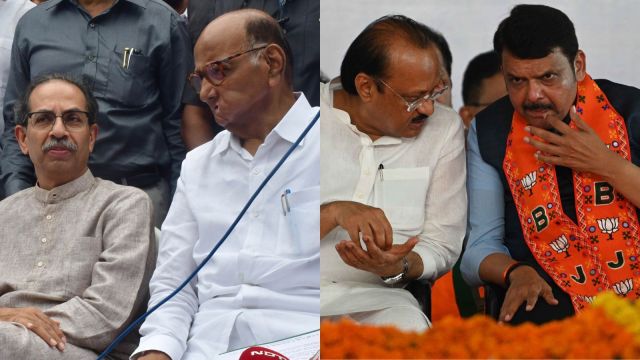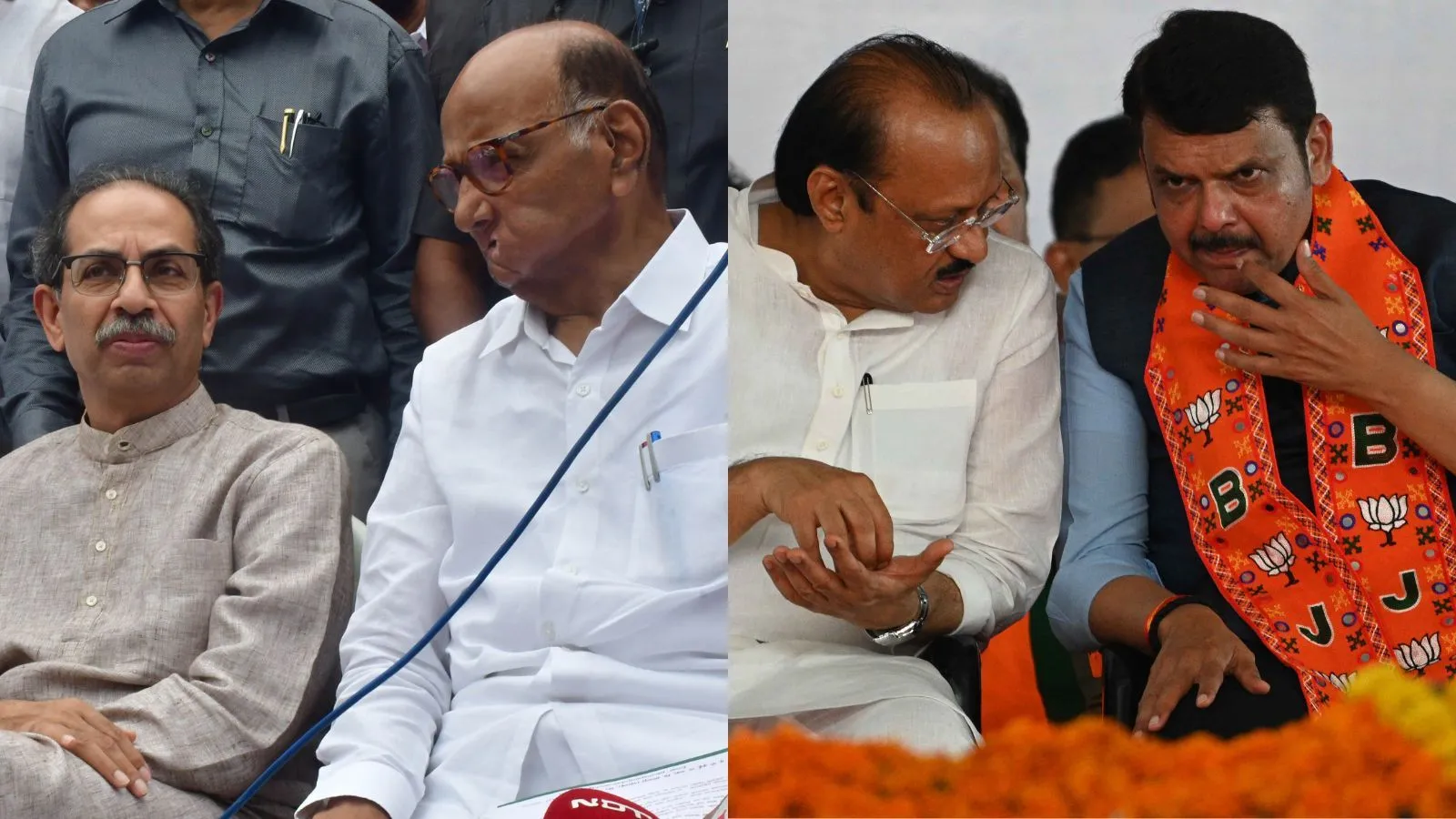
There are some stories I tell with a sense of shame. This is one of them. The reason why is that I spent a day last week talking to some of the poorest people I have ever met in a very rich village in one of our richest states. The village shall remain unnamed, but suffice it to say that it is by the sea on the Konkan coast and so close to Mumbai that rich businessmen, Bollywood stars and sports heroes have built holiday homes and weekend retreats along the beach. In the past ten years, middle-class tourism has also boomed, so most residents of the village have turned their homes into little homestay hotels that offer ‘a/c and non a/c rooms’.
What has gone unnoticed by most people is that in the heart of this village is an Adivasi enclave where none of the benefits of change and prosperity have reached. It happens that I was here when the Maharashtra election dates were announced last week. So, inevitably my questions became less general and more specific. I asked what had changed in the past five years since the last Vidhan Sabha election.
No sooner did I ask the question than I realized that it was insensitive. It was obvious that nothing had changed. The houses in the square in which we talked were shacks with dirt floors and roofs made from waste material. Most had walls that were also made of flimsy plastic and thatch. There are Dalit and Adivasi enclaves like this in remote villages across India, but what shamed me was that this one was in a state that is among the most ‘developed’ in India.
When I asked people what their biggest problem was, they answered in one voice: water. There used to be a municipal supply that came for a few hours every Sunday, but it has not come for two months. In any case it is not potable water, so women walk daily to another village to get drinking water for their family. None of those grandiose welfare schemes that the Prime Minister likes to boast about have made a difference here. Toilets cannot be built in homes that are just shacks. Gas cylinders were distributed free but they could not afford the second ones, so that was of no use. And no funds have come to build homes. What has proved useful in the past three months is the state government’s Ladli Behna scheme that gives women at a certain level of poverty Rs 1500 a month. It is this scheme that Maharashtra’s Chief Minister says will be a ‘gamechanger’ and he may well be right.
The question is, will it help improve governance once the election is over? And the answer is probably not. One reason why governance does not improve is because we in the media rarely discuss it. In election season, famous TV anchors and editors wander about rural parts to see how the other half lives, but they concentrate on meeting local politicians and officials. So, they return to their offices and TV studios to calculate caste equations and gossip about political squabbles but never ask why governance is in such an abysmal state. Why is governance not more important than politics? Is governance not the ultimate objective of being in politics?
After talking to the adults in the Adivasi enclave, I visited the primary school. It was in a ramshackle, yellow-washed building that stood in a tiny patch of wild grass and weeds. Inside, there were two classes in which small, barefoot children sat at grimy desks. A single teacher taught them every subject, from maths and history to Marathi and English. When I asked her why the blackboards were in such a state of disrepair, she said she had put in an application for better ones but usually it took two years for these things to happen. Once more, it was governance that was the problem.
While I was in the Adivasi school, a health worker came to visit. He makes a visit every six months. He asked the children to stick their tongues out and if they had brushed their teeth. He warned them not to eat sweets or drink sugary drinks without noticing that when their biggest problem was just getting enough clean water to drink, there was little hope for anything else. When I asked if a visit every six months was enough, he said that the teacher had his number and could call him if there was an emergency.
When I asked the teacher and the doctor if they were not appalled by the grim conditions in which these Adivasi children were forced to live, they said calmly that things were much worse before. They told me they had seen real improvement. Perhaps. But in a village as rich as this one, there should have been nobody living in extreme poverty.
If you have read this column more than once, you would know that I am no socialist and that I blame socialism for India still being a poor country. But the contrast between the grinding poverty of the Adivasi settlement and the fine mansions on the beach shook me to the core. What does it matter who forms the government in Maharashtra if those who take power refuse to hear the voices of those whose voices most need to be heard.



